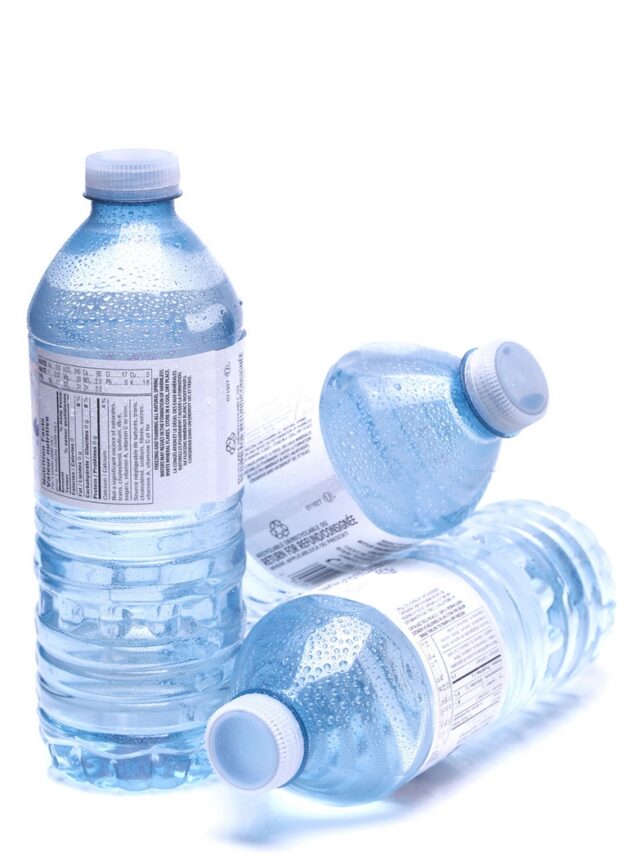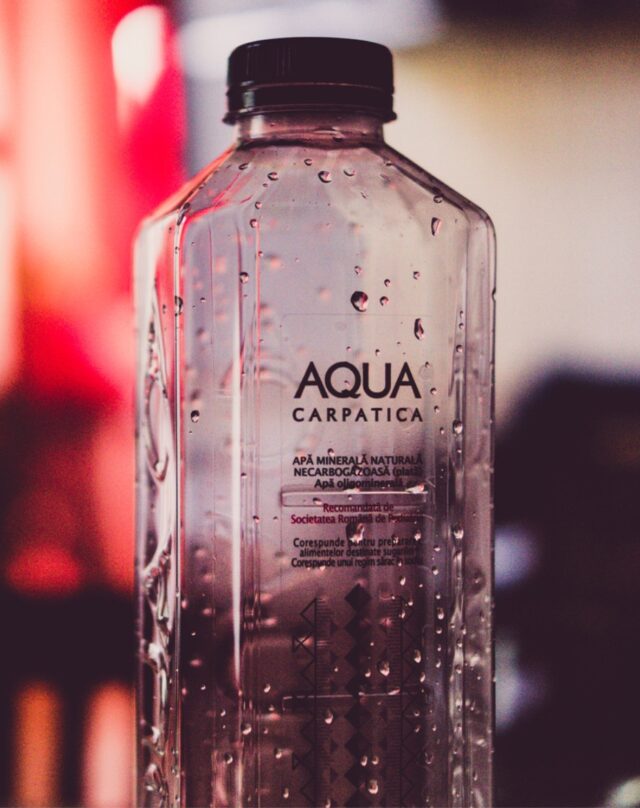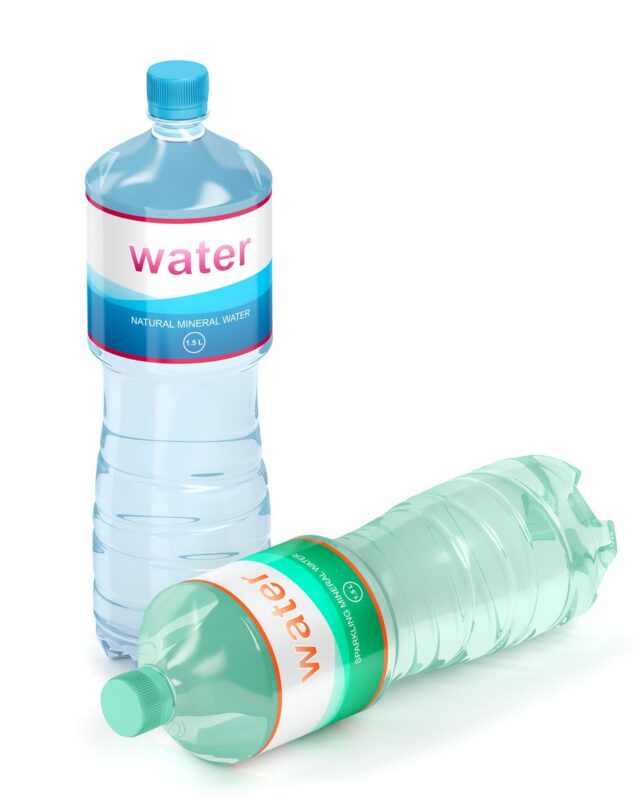
It’s no secret that bottled water has become one of the most popular drinks in the United States — but with so many different brands to choose from, it can be difficult to decide which is best for you. Many companies have now started offering private-label bottled water, which can often provide substantial cost savings compared to purchasing a traditional name-brand product.
Whether you’re shopping for beverages for your business or your home, this guide provides an overview of the pros and cons associated with both private-label and traditional-brand bottled water. This information will help you better weigh your options and make an informed decision when it comes time to stock up on drinks.

Advantages of Private Label Bottled Water
Private-label bottled water can offer many advantages to consumers and businesses alike. One of the biggest benefits of private labeling is that you can control your branding and product specifications. With traditional bottled water products, you have to buy packages with a pre-existing name brand or message. With custom bottled water companies, however, you can choose what goes on the bottle—from custom labels to unique logos and catchphrases, or even physical shape or design elements—allowing for not only better visibility but also an increase in targeted marketing strategies.
Additionally, because labels from private label bottlers are not subject to the same restrictions as larger brands, you can better customize your product’s packaging for special promotions or for offering a unique experience.
Other advantages of private labeling include improved cost control, enhanced quality assurance measures due to more direct oversight over bottling facilities, more flexible production processes that cater directly to specific needs and goals of buyers, as well as access to low minimum orders and affordable price points which make it easier for small businesses to break into the market.
Finally by opting for a private label solution rather than going with the traditional branding route customers will benefit from higher levels of customer service and more personalized approaches tailored specifically around their individual preferences and needs.

What are the disadvantages?
For starters, private label bottled water is oftentimes produced in bulk, resulting in a lack of batch-level quality control. This means each bottle may taste differently – with some being more pleasant than others. Unfortunately, many consumers won’t realize they’re purchasing private labels until they try the product and find it lacking in flavor or consistency.
Public perception is another disadvantage that comes with private label bottled water. People often don’t trust unknown brands because they feel uncertain about the safety and quality of their purchase. Private-label bottled water manufacturers typically don’t have the name recognition or an established reputation, so customers are unlikely to seek out their products even if those products offer superior value for money. Additionally, branding takes time – establishing a long-term presence in the market requires consistent marketing efforts from the company selling these bottles of water.
Finally, although it may cost less than branded bottles of water, the private label could lead to potential health risks due to packaging issues such as unclear ingredient lists and the use of potentially toxic materials used in manufacturing plastic containers (such as BPS and BPA). Thus, companies should always properly disclose any ingredients contained within the product as well as discuss any potential health effects associated with the consumption of their bottled water before selling it to consumers.

Advantages of Traditional Branding
In contrast to private label bottled water, traditional branded bottled water from customwater.com, allows businesses to stand out with a cohesive identity that resonates with customers. While private label products provide businesses an inexpensive way to get their product onto the market or presented during meetings and events, traditional brands offer more than just value; instead, they offer customers an experience. Companies that have garnered consumer trust through traditional branding methods have better chances of achieving brand loyalty.
Developing relationships with customers is easier with a trusted brand than if using individualized private-label products. Furthermore, having a recognizable brand name and packaging gives companies more control over how a product is perceived as well as how it fares against competitors.
Even when launching new products or services, users of branded products can expect higher quality due to the fact that companies behind these brands must meet certain standards in order for their labels to remain on shelves in stores. This provides an assurance for consumers that what they’re buying is reliable and consistent in terms of quality. Additionally, having a consistent branding strategy can make it easier for companies to create more recognizable social media campaigns and meaningful customer relationships; however, this requires considerable research on consumer behaviors and purchasing patterns.
Finally, having a strong brand helps lower marketing costs by providing opportunities such as endorsements by celebrities and influencers who are familiar with the respective products or services being promoted.

Disadvantages of Traditional Branding
Traditional branding is an important part of marketing a bottled water product, as it can provide customers with a sense of familiarity and trustworthiness in a particular brand. However, there are certain drawbacks associated with traditional branding that may affect how successful a bottled water product is on the market.
Traditional branding is often associated with higher production costs due to the need for advertising, packaging design, and improved quality. As such, products featuring traditional branding may be more expensive than their private-label counterparts. Traditional brands are also usually static in terms of selection; while private labels may offer different sizes, flavors, and designs more frequently, traditional brands tend to be less adventurous and less responsive to customer demands.
Furthermore, the shelf life of traditional branded products tends to be shorter than that of private-label products due to established expiration dates determined by brand manufacturers. Finally, trademark laws may prevent small businesses from using traditional logo designs or packaging styles that resemble established brands more closely in some cases.

Conclusion
We hope this article on the pros and cons of private label bottled water versus traditional branding has been helpful. As you can see, there are several factors to consider when deciding which option is right for your business. Ultimately, it comes down to what best fits your budget, goals, and customer base. With the right strategy in place, both options have the potential to be profitable endeavors – so start exploring today!









